Depression
Are you stressed out of your mind? Would rather stay at home and hide away? Is someone you know not acting like their usual self? These are all signs of: Depression
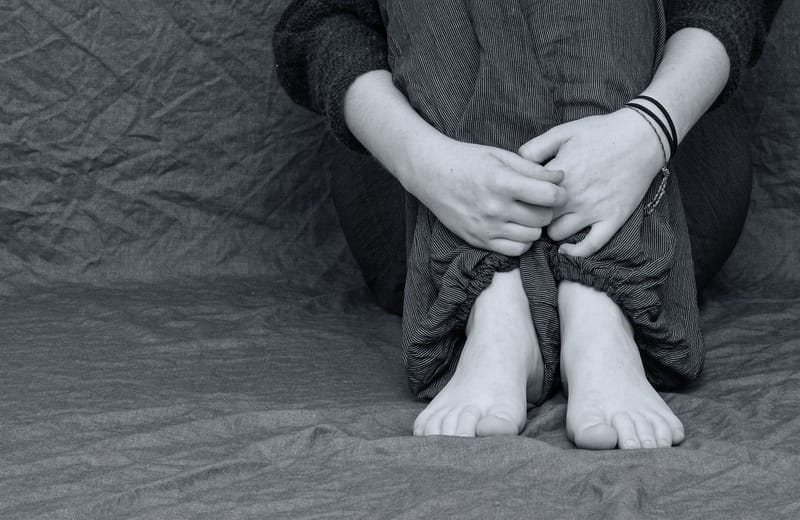
What is Depression?
Depression is a downward change in your mood to emotions of sadness and hopelessness- feeling your lowest (worst). Many people who feel emotionally down can often can snap out of it but with depression they can’t, they need the help and time to recover. You can tell if you are feeling depression if you find yourself losing interest in doing stuff you usually like doing or if you are shutting yourself away, isolating yourself from your loved ones.
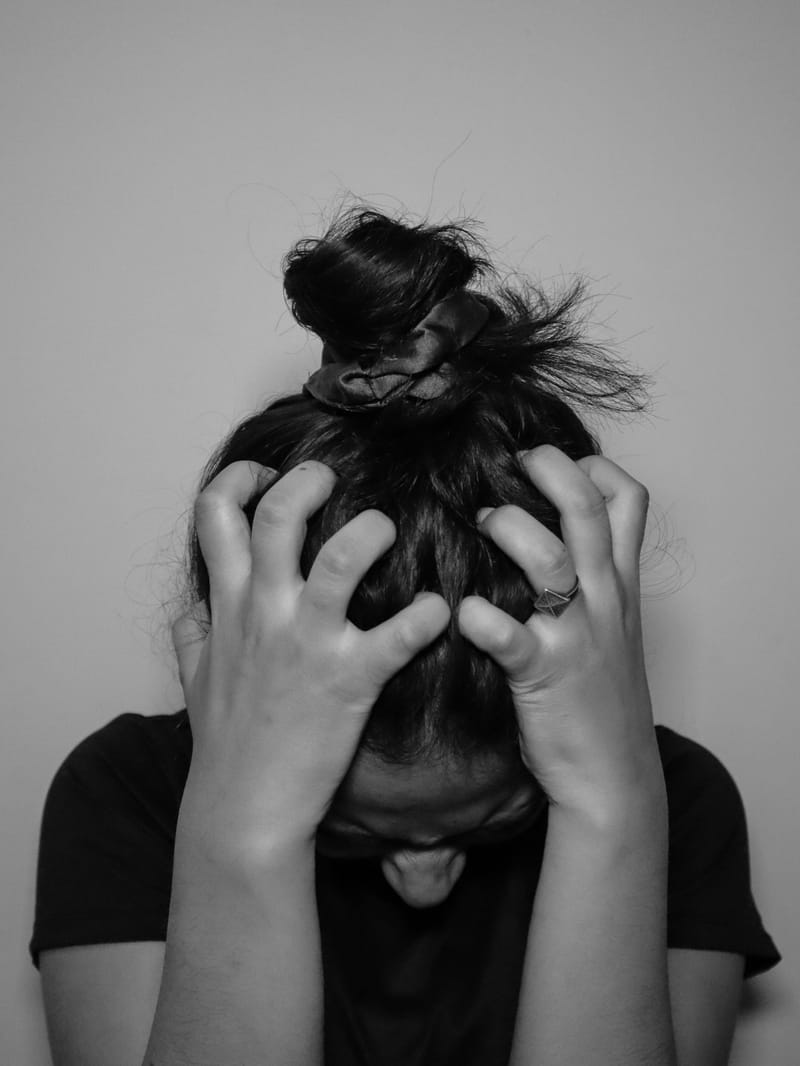
What causes Depression?
Depression is caused through feeling at least one or a few of the following feelings: high amounts of stress, having low self-esteem (low self-confidence), self-loathing (self-hate), being lonely or struggling with another health condition (could be physical or mental). This all stems from looking back into the past at something you did, something that happened to you or something you are doing now. It never comes from what will happen in the future as that is where anxiety comes from.
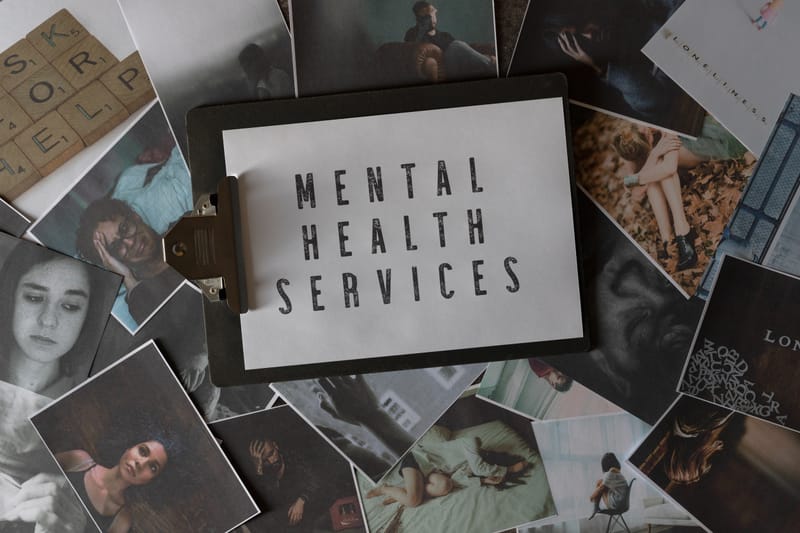
How do I manage Depression?
Managing Depression is all about maintaining your MIND and BODY whilst knowing what to do if you need to HELP ANOTHER. Aspie Heroes has put each of these things into sections down below to help.
Mind

How does maintaining my “Mind” help my Depression?
Your Mind is the first thing to be affected by Depression, if you feel depressed in your mind then you won’t want to do stuff with your Body. Whatever the Mind does the Body follows so if you maintain your Mind you can then work on maintaining your Body. You can find strategies on how to maintain your Mind by using the tabs above.
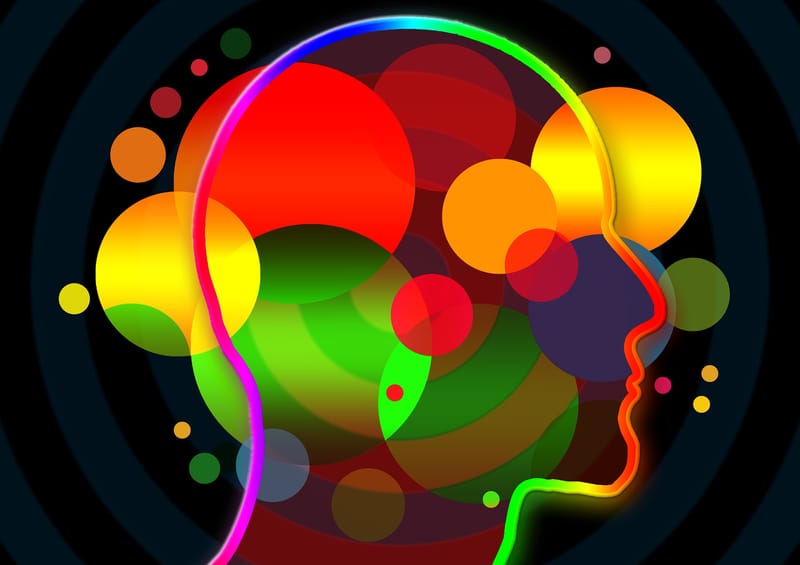
How do I “Maintain my Mind” whilst having Depression?
There are 3 areas we can look at to help you with Maintaining your Mind. These are: Understand your Situation, Gain Perspective and Talking Therapy. We have broken each of these areas down in the tabs above.

How do I “Understand my Situation”?
Understanding your Situation is about working out what is making you depressed. Down below, you can find different situations that make people depressed, see if any match with yours. These situations are:
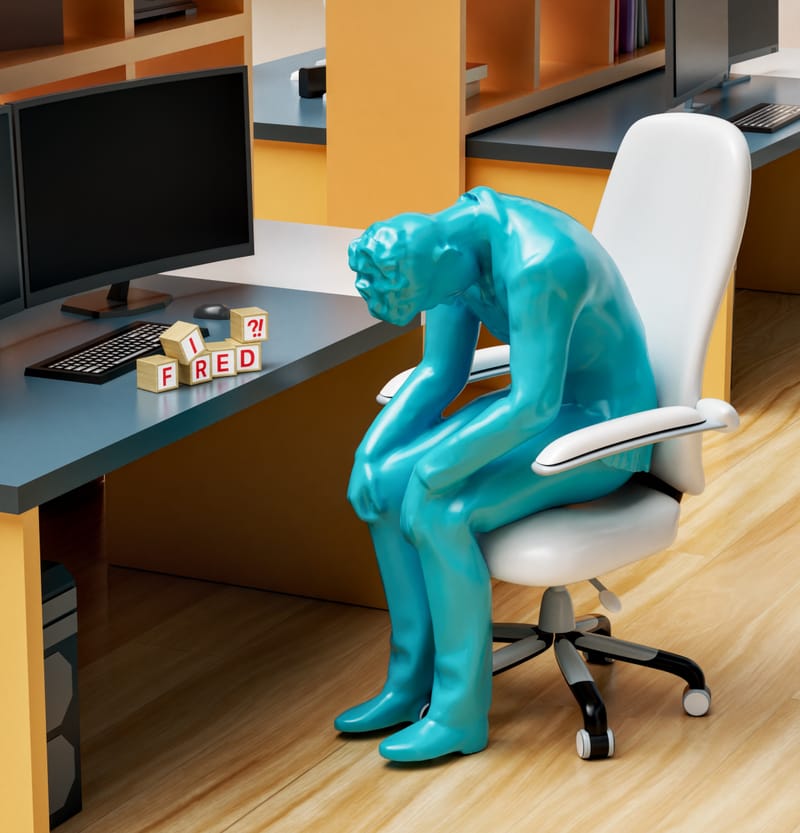
Stressful Events
Stress is one of the biggest causes of depression which can come from difficult, Stressful Events in our lives such as a family bereavement (a death), a relationship breaking down, being made redundant from work (forced to leave) or even something you have failed at. A lot of the time, the stress we feel from these events comes from us trying to juggle the other things in our lives whilst dealing with these events.
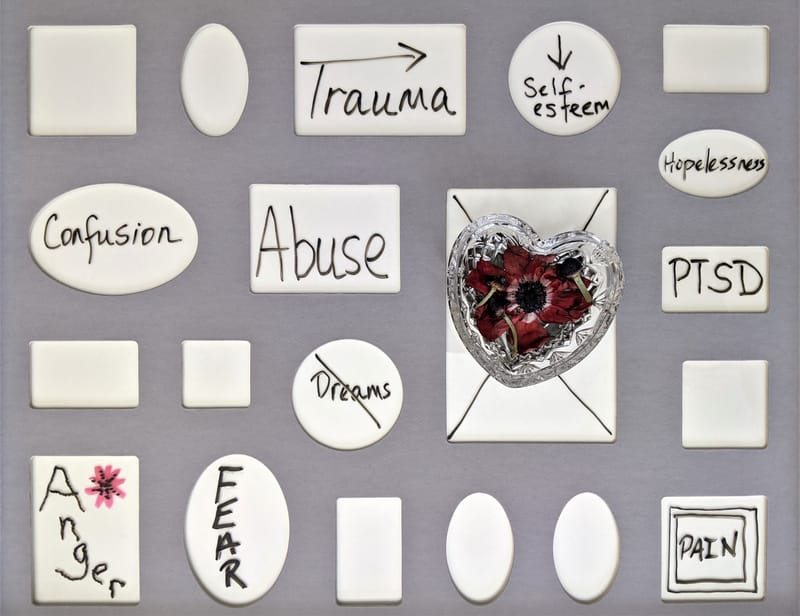
Personality
Everyone’s Personality is different, some people have strong personalities allowing them to easily deal with depression but many more people aren’t like this. Most people have low self-esteem (low self-confidence) and are self-critical, in fact autistic people are the biggest self-critics on the planet as we will always mentally beat ourselves up over our inability to do and deal with things the way we see other people do more successfully than us. We can get this way from our earlier life experiences such as being bullied which can make us feel like we are less of a person than we truly are.
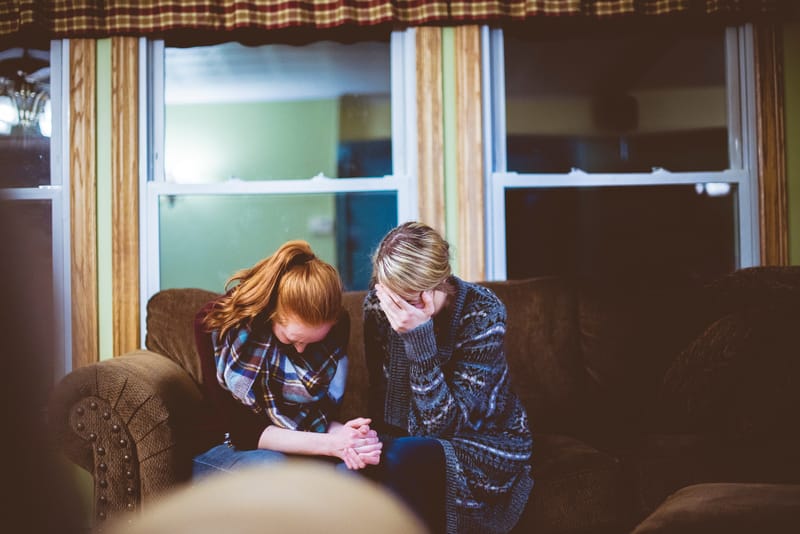
Family History
If there is someone else in your family that you know has depression, you may have inherited from them as depression can run in our genes. If you are not sure if other family members have suffered with depression or if they know members who have suffered, then ask them.

Pregnancy & Menopause
Women can become depressed from Pregnancy or Menopause in their periods. Depression from Pregnancy is better known as Prenatal/Antenatal Depression (during pregnancy) or Postnatal Depression (after giving birth), these stem from the difficultly to accept responsibility for a new life and whether or not you will do a good job at it. Menopause is when your periods stop due to low hormone levels, it also causes you to struggle to come to terms with the changes your body is going through.

Loneliness
Being on your own for a long period of time is very unhealthy for your mental health. With no one to talk to or be around, you will hold in all your emotions, feeling and thoughts inside yourself which will painfully eat away at you until you explode either in anger or sadness. You maybe alone willingly or even worse, you may have been cut off from your friends and family. The only way to deal with loneliness is to find company, you can look for social groups to go or you need to try to make up with your friends and family.
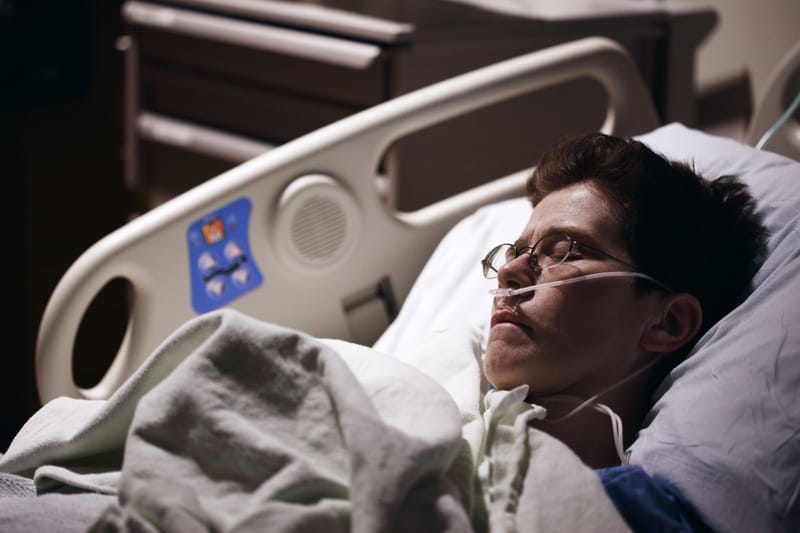
Illness
You are likely to feel more depressed when you are suffering from a long-standing or life threatening illness such as heart disease or cancer. Now everything in your life has to stop and revolve around dealing with this illness you didn’t need or ask for in your life but now it is here and must be dealt with to avoid further complications in later life.
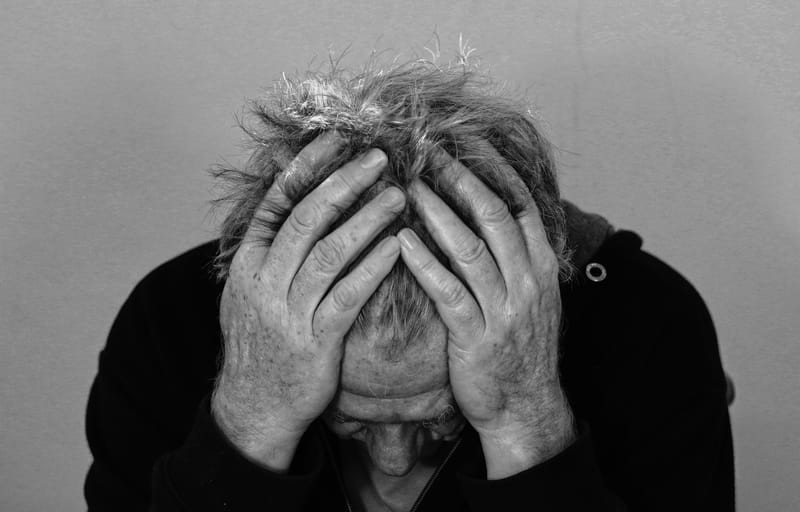
Midlife Crisis
When you reach the ages between 40-60, you may start feeling depressed about your life’s journey up to your current age. This is called a Midlife Crisis, where you start questioning the things you have done and the choices you have made up until this point in your life. One way of expressing this, is trying to dress up or do things in ways that make you feel younger.

How do I “Gain Perspective”?
Gaining Perspective is about making it easier to understand all the issues that are causing depression by visualising them. By visualising these issues, you will now be able to see exactly how many issues you actually have. In order to help you do this, Aspie Heroes has put together a step by step guide down below.
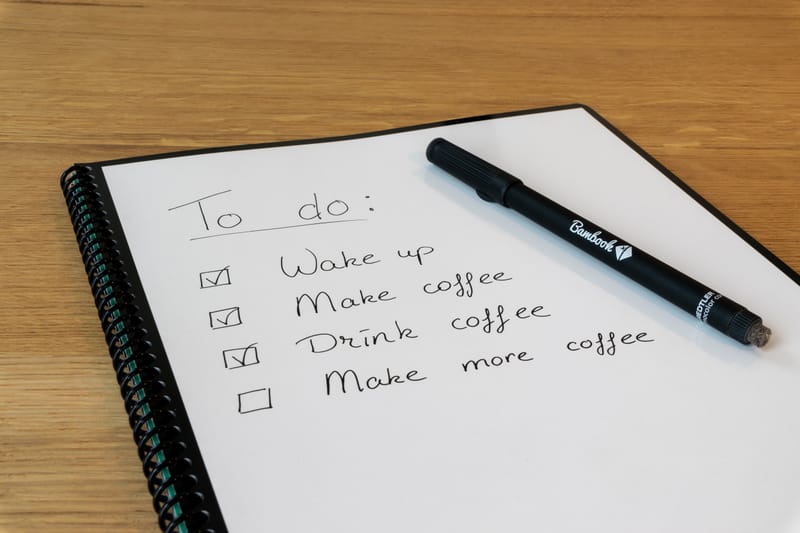
Write Everything Down
The first thing to do is to get some paper or open a word processing software and write a list of everything down that is making you feel depressed. It doesn’t matter how big, small, major or minor it is; just write it all down so it is now out of your mind and on paper. You now have a list of all your issues in one place that you can visualise. Now, we need to start working on them.
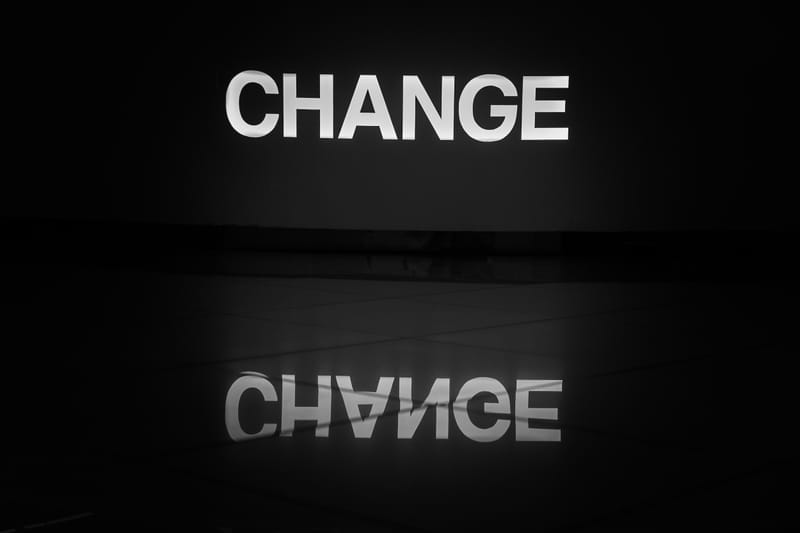
Work out what you can Change
Go through each issue on your list, one by one. Ask yourself, What can I do to change this issue? For example, if you have a gap in your skills, can you find a qualification to learn these skills. If you can’t change the issue, is there an alternative solution to the problem such as if you can’t get a qualification, you can try to learn the skills either online or through volunteering. Another example is if you are unable to drive because you are not allowed to or have been denied a license, you cannot change this, so an alternative to this is to get a travel pass to lessen the financial issues with travel.

Forget what you can’t Change
If there is something you can’t change and there is no alternative solution to it then you need to forget about it. It is pointless to worry about something you can’t change, so forget about it: push it out of your mind, take it off your list and focus on what you can change, not what you can’t change.

Put them in order of Priority
Now that all you have left are the issues you can change or have an alternative solution, you need to make a new list prioritising the issues in order of how you will tackle them. You first need to consider if there are any issues that have a deadline to them (needing to be done within a certain time) as these will HAVE to come first whether you like it or not. Also you need to think logically, as for example if your issue is looking for a job but you don’t have the skills to do that job, then you need to prioritise getting the skills first.
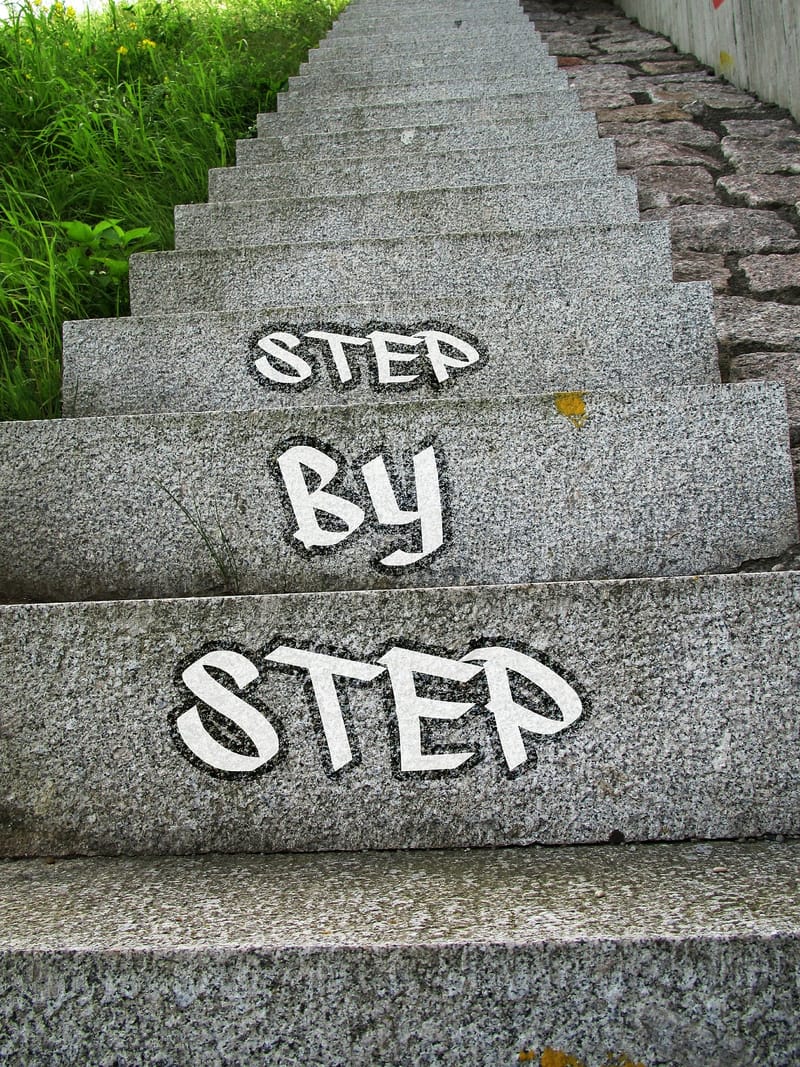
Work on One Issue at a Time
It’s just a matter of working on your issues now. Remember, focus on getting one issue sorted at a time because taking too many things on at once is what played a big part in your depression in the first place and this will then only add to your depression. Once one issue is sorted, move on to the next and the next until they are all sorted.

How do I use “Talking Therapy” to help my Depression?
Talking Therapy is one of the best ways get help with your depression. By talking to someone else about it, you are offloading your issues and allowing someone else to know you are feeling depressed. Through Talking Therapy you can get advice for your issues and simply even having a good ear to listen to you maybe all you actually need. Aspie Heroes has created a list of ideas, to help you find Talking Therapy, down below.

Phone
The easiest way to get Talking Therapy is to simply pick up the Phone and call either a friend or a family member. Your friends and especially your family know you better than anyone else on the planet, this means that they will more likely be able to give you the best advice that will work for you whereas someone like a Doctor would only be able to give general advice.
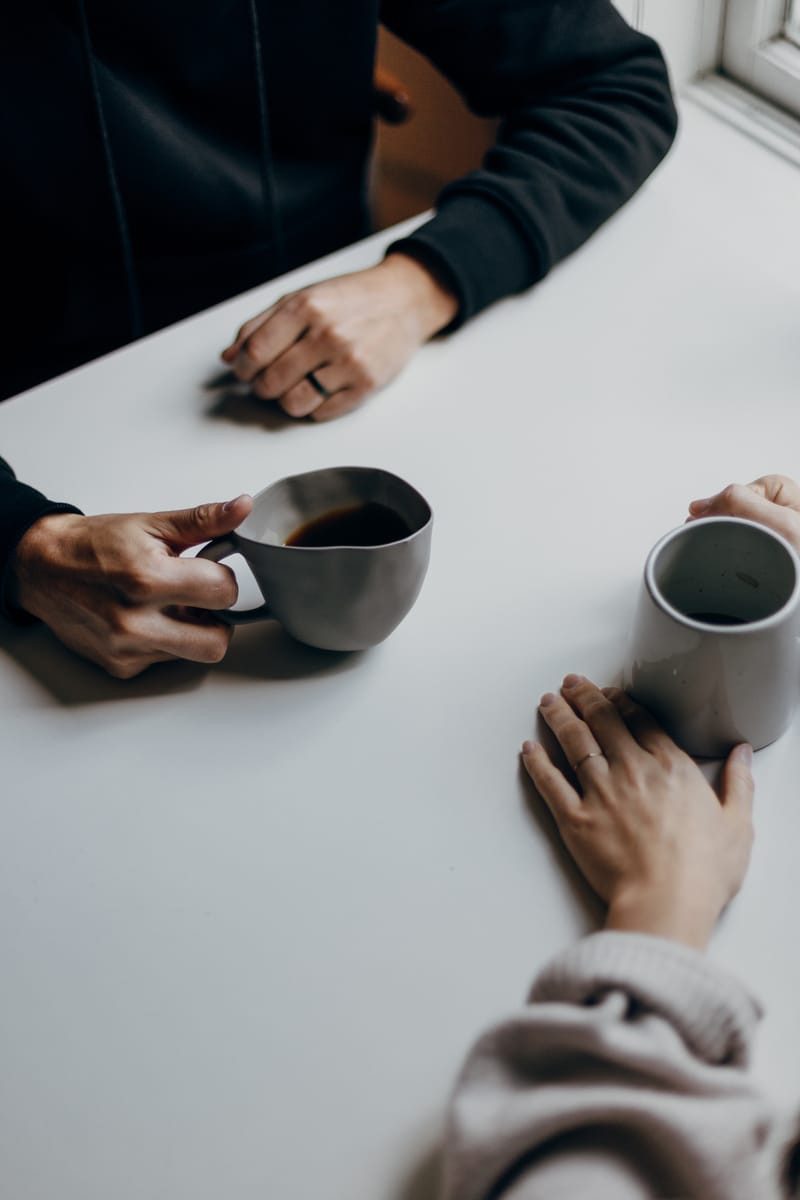
In Person
It’s even better if you can arrange to meet your friend or family member in person as many people are uncomfortable talking about their issues over the phone and it can be harder to explain yourself over the phone as you can’t see each other’s faces properly. In person you can talk as long as you like without running up an expensive phone bill and you can even show things that can help explain your issues.

Doctors
One of the best people to see especially when you have severe depression is your Doctor. Your Doctor can help you through prescribing medication, social prescribing and referring you to places that offer counselling. How much help you will get from your Doctor depends on how much you tell them about your depression and what they think is best for you.
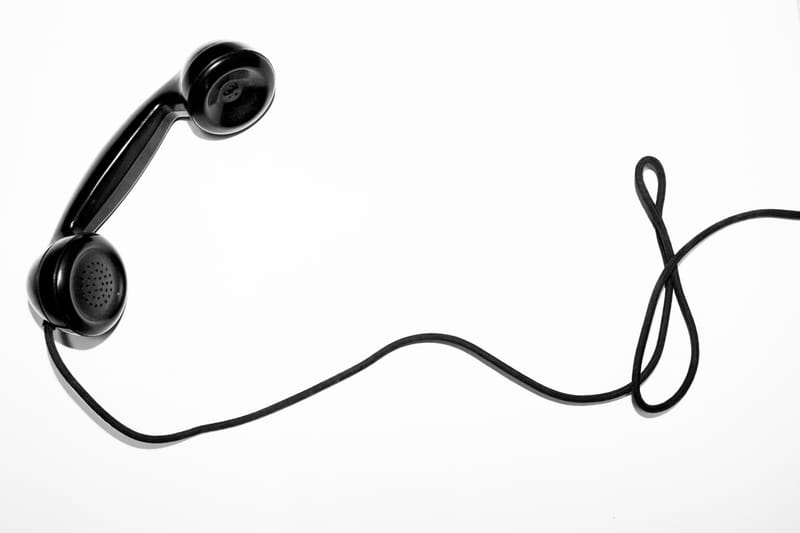
Helplines
Seeing a Doctor is a must if you have severe depression but they only work certain hours and you may have to wait for an appointment. This is were helplines come in, they are available from your phone, are operated by people who are willing to listen and advise you in an emergency especially if you are in a crisis. One of these helplines are The Samaritans on 116 123 who are available 24/7 and are free to call from any phone.

Social Groups
Social Groups are informal environments where you can meet like minded people without the pressure of the formalities that come with various mental health treatments. Some groups simply offer you a place to socialise, other groups such as “Ladders of Life” and ‘Autistic Spectrum Collective” are ran for people with autism by those with autism who offer what is known as “Peer Support” where you can hear from and be advised by people who have also dealt with the same issues you have.
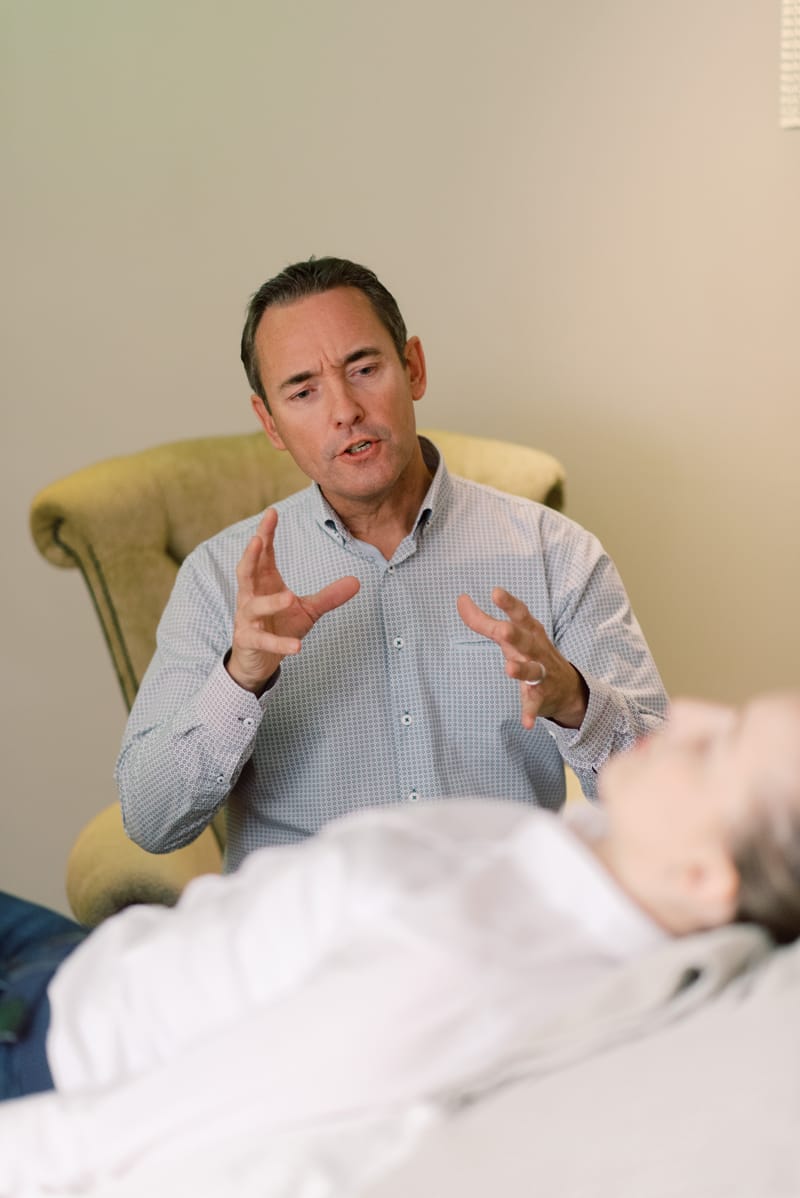
Councillors
Councillors are experts in psychology (how the mind works) and it is their job to help those with mental health issues such as depression. If you need a more formal safe environment to discuss your issues then seeing a Councillor maybe the best thing for you. A Councillor will treat you with dignity, respect and everything discussed is completely confidential (remains between you and the Councillor). They may not know you personally but they know how people think and sometimes an outside opinion may work better than a friend/family opinion.

Slow and Steady Wins the Race
Unfortunately, it takes time to deal with Depression. If you try to rush through solving your issues, you will only make your Depression worse. In order to deal with Depression, you have to take your time. You need to take the time to deal with each issue properly so that they don’t keep coming back and most importantly, you need to make time for yourself so you can heal, rest and avoid being burned out by your issues.
Body
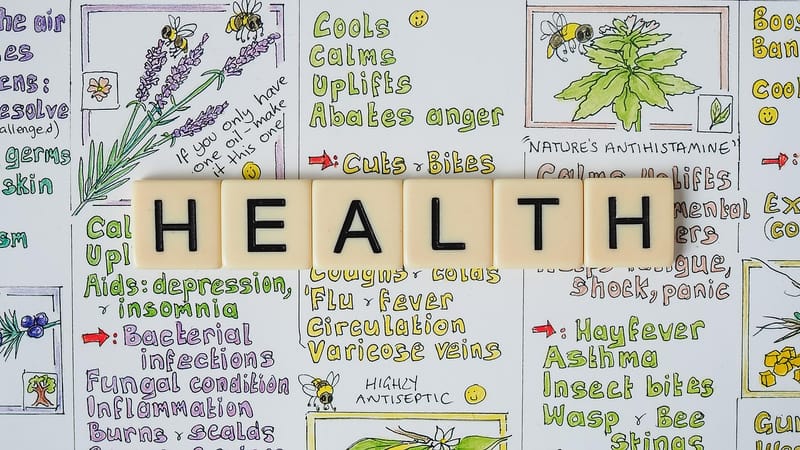
How does maintaining my “Body” help my Depression?
Your Body is linked to your Mind. By this, we mean that if your Body is in poor condition (due to eating unhealthily or from lack of exercise) then your Mind will suffer from that but if you maintain your Body by keeping it in good condition then your Mind will be positively impacted- Healthy Body = Healthy Mind.
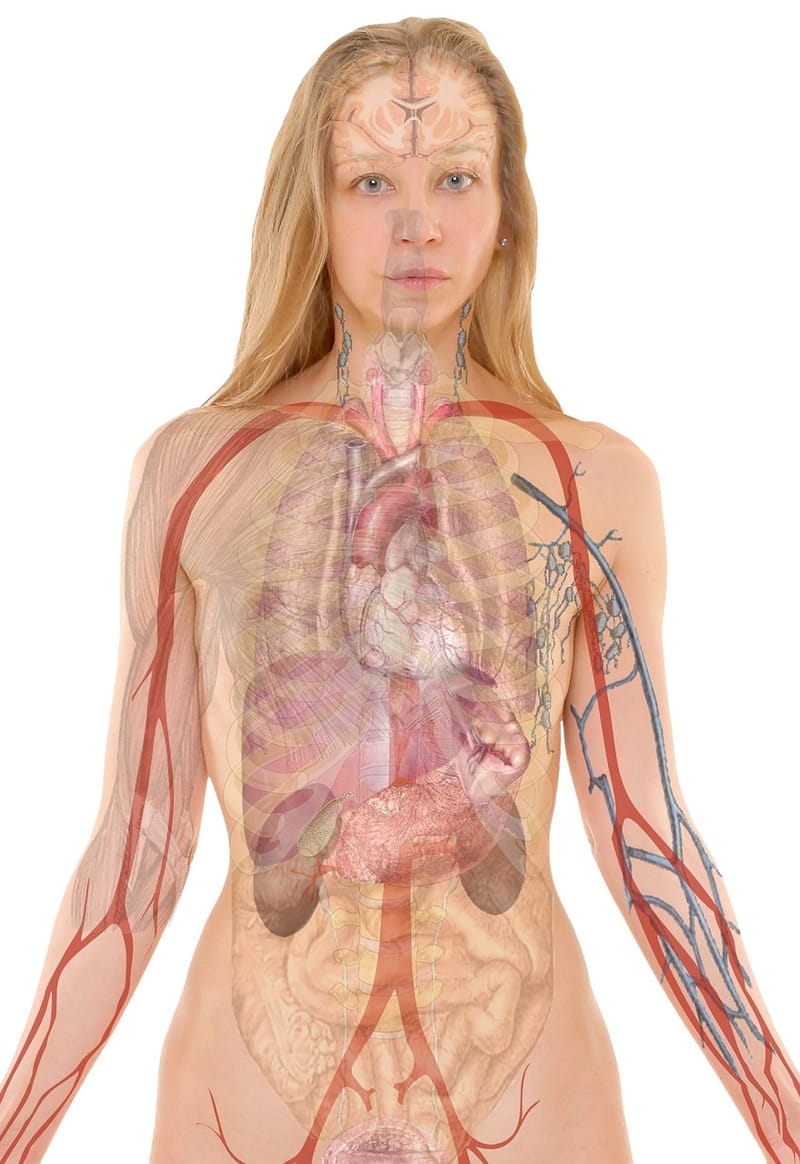
How do I “Maintain my Body” whilst having Depression?
There are 3 ways to Maintain your Body whilst having depression and these are: Diet, Exercise and Rest. Each of these ways are covered until the tabs above.

How will “Diet” help me with my Depression?
The most important part of Maintaining your Body is Diet. Diet is what food you put into your Body and what you put in affects what comes out as eating bad foods (what to avoid) will lead to weight gain, low energy levels and even more Depression. Below, you can find a list of things to consider about your Diet with Depression:

What to Avoid - Food
What to Avoid in your Diet is Bad Food. Sugary foods such as chocolate and ice cream are bad for you as they will make you feel drowsy and cause weight gain. High Calorie Fatty foods such as chips, burgers and pizzas are bad for you as the fat in them will cause rapid weight gain.
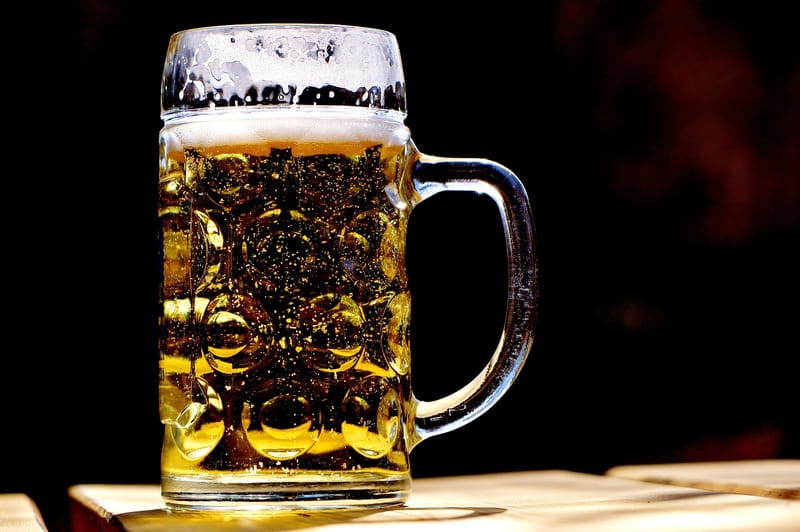
What to Avoid - Drinks
What to Avoid in your Diet is Bad Drinks. Energy Drinks are a sugary drink that give you a burst of energy but this burst is short lived leading to a sugar crash where drowsiness sets in, they are basically sugar in a can. Caffeine can be bad for you in high doses as too much caffeine can prevent you from sleeping at night and can lead to becoming wired meaning you are overstimulated and jumpy. The worst of all is Alcohol, as can cause you to lose control of yourself leading to anger or even worse- Addiction (where you can’t stop).

Fruit & Vegetables
The best things to eat are Fruit & Vegetables. You should aim to eat 5 pieces a day. Fruit & Veg contain vitamins which are nutrients that help the Body get more energy, burn fat and have many other positives impacts. Fruit can be eaten as a snack instead of chocolate or biscuits. You can even drink Fruit in the form of Fruit juice as it still has vitamins in it. Vegetables can be eaten with any meal as a side which means they should be in every meal. If you struggle with preparing veg then you can buy pre-cut ones such as onions or mushrooms.

Water
Water is good for you as it cleans out your Body and helps you to flush out waste making you feel better. The advantage of water is it is free as you can get it from a tap. You need to drink 2 litres of water everyday which can be daunting but you can buy water bottles with measurements on them in different sizes. Smaller size bottles are more portable, ideal for walking around with but you can get bottles that are 2 litres in size meaning you would only need to refill it once a day which is easy to remember to do.

Smaller Portions
It’s not just about what you eat but HOW MUCH you eat as well. Eating a large amount of food can lead to weight gain so you need to make sure you keep this under control. You can do this by eating Small Portions of food which can be as simple as using smaller plates instead of regular sized dinner plates whilst covering half your plate with veg. One last thing to try is having smaller foods such as having a 400g loaf of bread instead of the normal 800g OR half a portion of the food such as half a pack of microwave rice sealing the other half for later. It’s that simple.
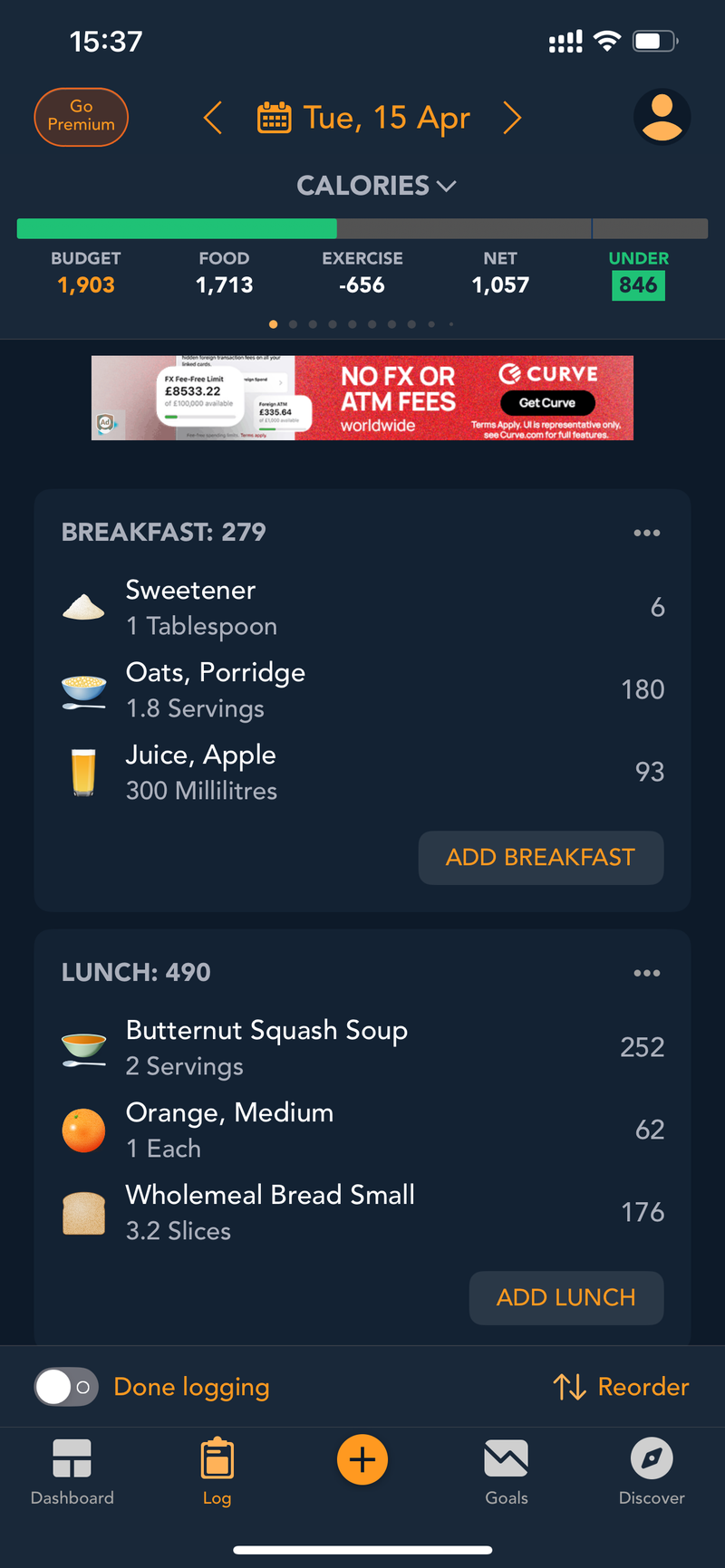
Calorie Counting
Calorie Counting is a great way to track how much you eat. Usually is is recommended men eat 2000 calories a day and women eat 1700 calories a day but we have found that eat less than intended (about 200-300 less) is doable and will help contribute to weight loss along exercise. You can get calorie information from food packing which you can then write down or you can use Calorie Counting apps to record them as these will work it all out for you. We recommend an App called Lose It! You can find download links for it down below.
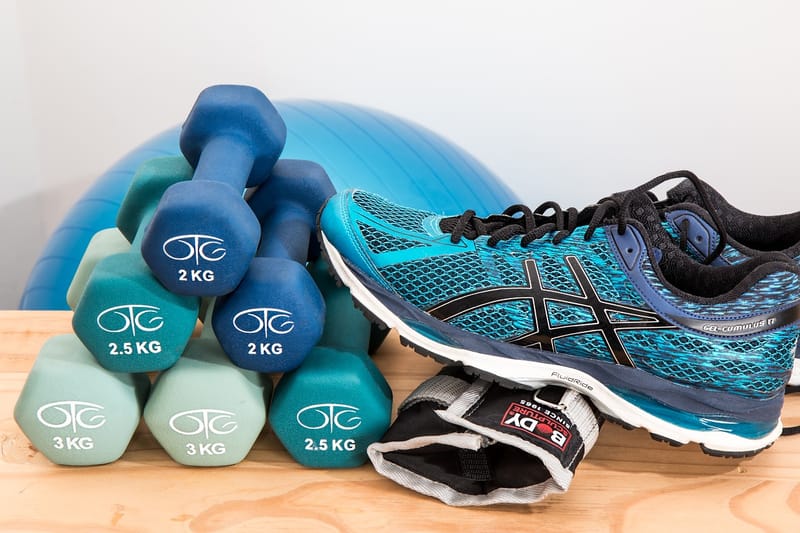
What kinds of “Exercise” can help me with Depression?
There are different kinds of Exercise you can do, these can range from simple everyday Exercise to Exercises that require extra steps such as owning something or needing to pay. Below is a list of exercises you can do to help you during depression:

Walking/Running
The simplest form of exercise is Walking. A 30 minute walk per day can help you clear your head and can help your metabolism (the body’s process of breaking down food). You can walk anywhere but it helps to walk were there is nature as the sound of birds chirping for example can be relaxing or can get you pumped to walk). If you want to take this up a notch, then try Running. Running pushes you even harder than walking, can be done anywhere and increases stamina.

Simple Additions to Walking or Running
When walking or running, there are some simple things you can do to take them up a notch such as using stairs instead of lifts or escalators. Walking up hills or through sand dunes are a simple ways to make your walking more impactful. You can do these at anytime even when shopping or working. Another simple thing to do is take the long way around places instead of shortcuts in order to extend your walk.

Workout Programs
Thanks to the digital age, Workout Programs can be found everywhere: on TV, the internet, YouTube, Apps and even Smart Speakers. These programs can be done at your leisure in your own home, ranging from 45 minute workouts to as little as 5 minute workouts. They can be simple aerobics or they can help you work on specific body parts such as your Core (Chest and Stomach). There are so many options out there and so many ways to exercise.

Cycling
If you have a bike, then going Cycling is another great form of exercise. They are better than e-bikes or e-scooters as your Body has to physically move the bike and you don’t need to recharge it. You can use a bike to travel to places such as work meaning you can fit exercise before or after work. If you are considering getting a bike, get a folding bike as these can be stored easily and can be taken anywhere, even in your car.

Swimming
There should be a local swimming pool in you area. You need to pay to use them but you can do this without getting a membership which is handy if you are not sure if it is the right thing for you. Swimming is relaxing, you can do it at your own pace and is a low impact exercise meaning it is ideal for those with mobility issues- we have even seen a man with only one leg swim in our local pool. If you are daring and want to save money, you could go down to the beach and swim in the sea.

How will “Rest” help me deal with my depression?
Everyone needs to have a “Rest”. If we don’t take the time to “Rest” then we could end up burning ourselves out meaning we will be tired which leads to anger, frustration and depression. We are not robots, we are humans and humans need “Rest”, its natural. Down below, are some strategies to help you “Rest”:
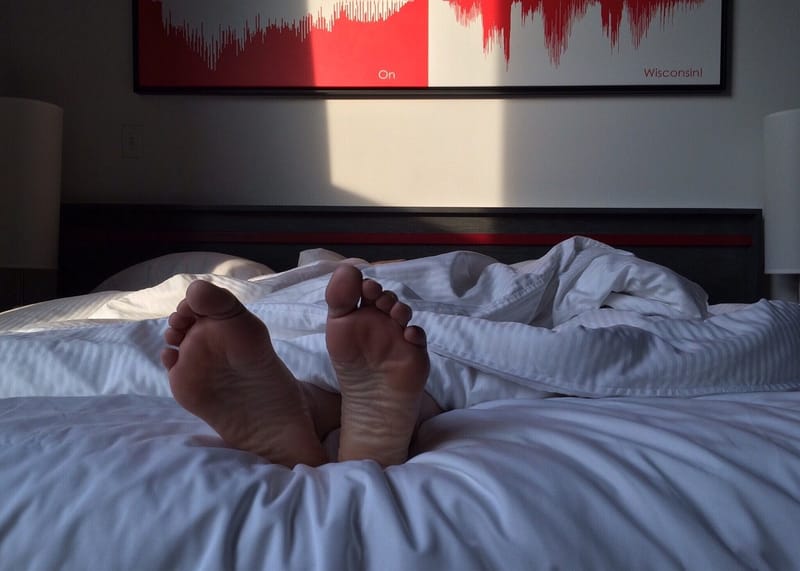
Sleep Right
In order to sleep right you need to set a specific time at night to go to bed and a specific time to wake up. This will build a routine and routines are what autistic people can thrive with. You need to get at least 8 hours of sleep a night to get proper rest. Other things you should do to sleep right are avoid drinking caffeine or blue light exposure (phones, computers, tablets) before bed as these will keep you awake. Lastly, make sure to set alarms for bed time and waking up so you don’t oversleep, if you do oversleep set another alarm for a short time after the original alarm.

Power Naps
Power Naps are helpful if you need rest but are short on time to do so. A Power Nap involves sleeping for 20-30 minutes and can be be great for your Mental Health which Depression is apart of. The idea of a Power Nap is to rest yourself but not fall into a deep sleep as waking up from a deep sleep can leave feeling tired and groggy which defeats the object of a Power Nap.

Make Time for Yourself
Remember, Rest isn’t just about sleeping, it is also about Making Time for Yourself. Making Time for Yourself can be as simple as stepping out of a room, having a walk or having a day away from commitments. Having a day away from commitments can be a lazy day, a shopping day, even a day spent with family or friends. If you work, your employer must offer you a certain amount of holiday days a year by law. Make use of these holiday days as that is what they are there for, everyone needs a Rest.

Digital Detox
A Digital Detox means taking time away from Digital Technology as it can consume a lot of our time doing nothing productive. A Digital Detox can remind us that we are humans not machines and that technology is a tool not a replacement to our lives. A Digital Detox can start with us using no tech an hour before bedtime, putting your phone on the other side of the room or in another room. Try turning your phone off or on silent for a while and try to talk to people instead of going for your phone. Instead of using tech try reading a book (physical one), going for a walk or using alternatives like notepads or diaries.
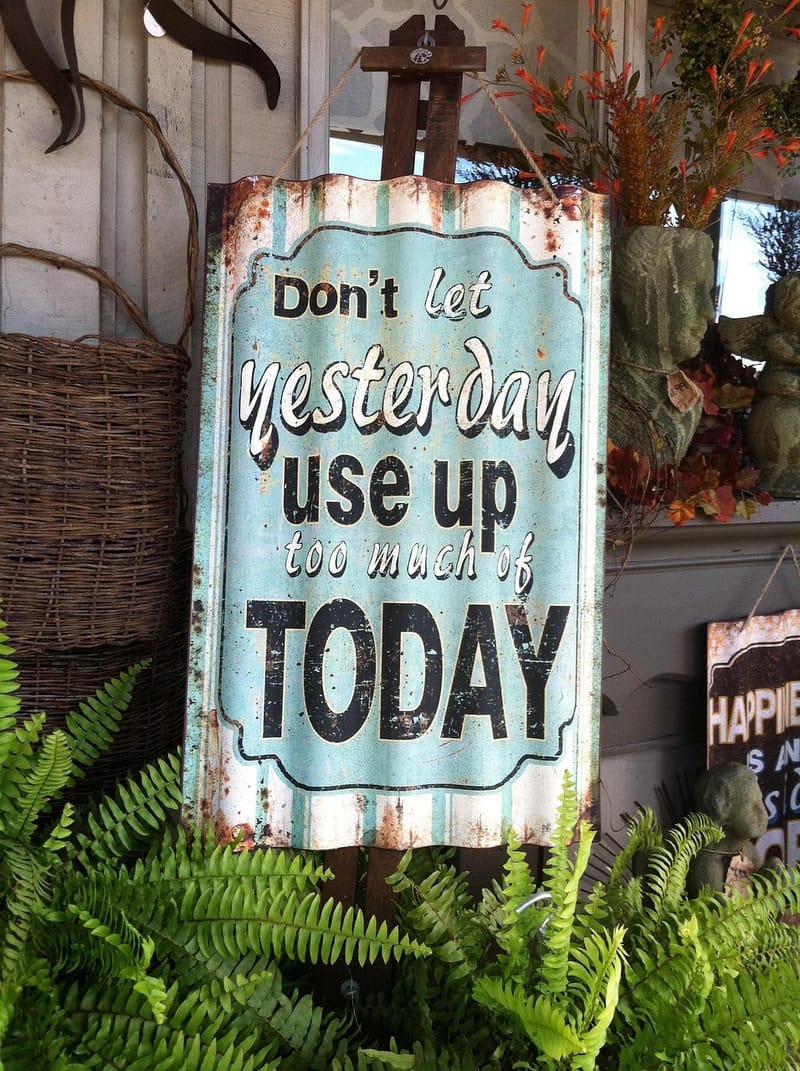
One Day at a Time
When you are in Depression it can be hard to think straight about how to go forward in life. When you are feeling like this, you need to focus on dealing with your life One Day at a Time. Focus on getting through each day, working on that day’s issues as this will rest your overwhelmed mind allowing you to slowly get your life back on track. Take all the time you need, don’t let other people rush you, you will get through your Depression far easier this way as you will be able to take back control of your life.

Eat Less, Move More, Rest Right
You don’t need to have the physique of Arnold Schwarzenegger to have great Physical Health; by Eating Less, Moving More and Resting Right you can be more Physically Healthy and thus more Mentally Healthy which can help beat back Depression.
Help Another

What is good about “Helping Another” with Depression?
Whether you are in Depression or someone else you know is, Helping Another with their Depression can help you to better understand your own Depression and even see that maybe your problems are not as bad as they seem whilst you ate showing Another the same thing. Helping Another can make you feel more positive about yourself as doing good makes you feel good and helps the other person to feel more valued in life which can raise their self-esteem. Remember, everyone has value and deserves to be helped.
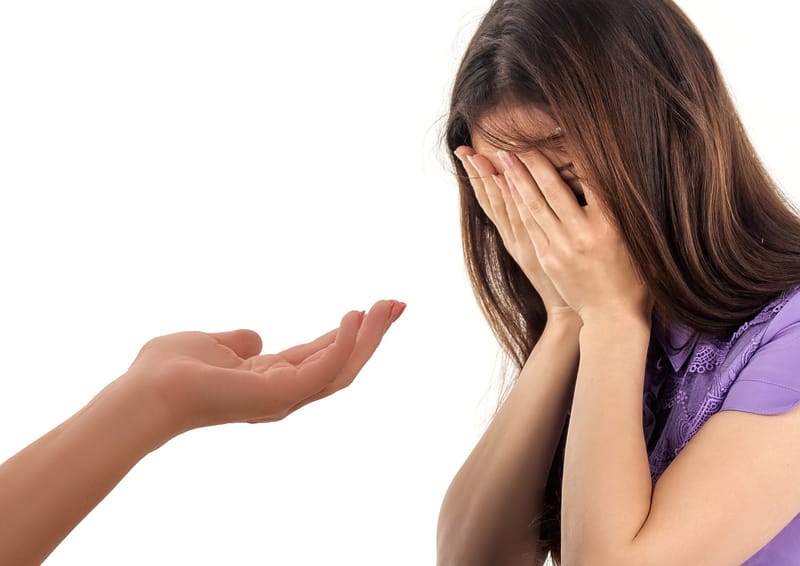
How do I “Help Another” with Depression?
To “Help Another” with Depression you have to KNOW THE SYMPTOMS OF DEPRESSION, SHOW THEM SUPPORT and URGE THEM TO SEEK HELP. Each of these things has been broken down in the tabs above.
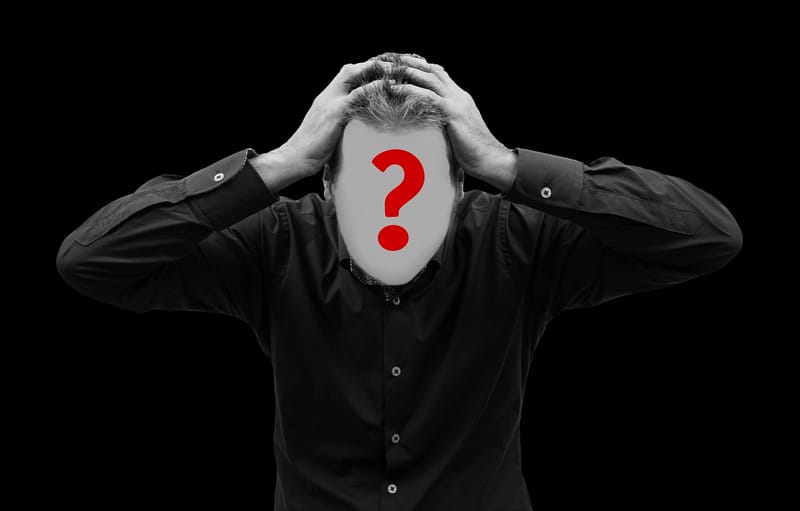
What are the “Symptoms of Depression”?
The “Symptoms of Depression” are the indicators that someone in depressed. In short, the symptoms are all to do with changes in someone’s character, that they don’t seem to be acting like their normal self. These can be both big changes which are easy to spot and subtle changes which can may not seem as noticeable. Down below, you can find a list of the most common “Symptoms of Depression”.
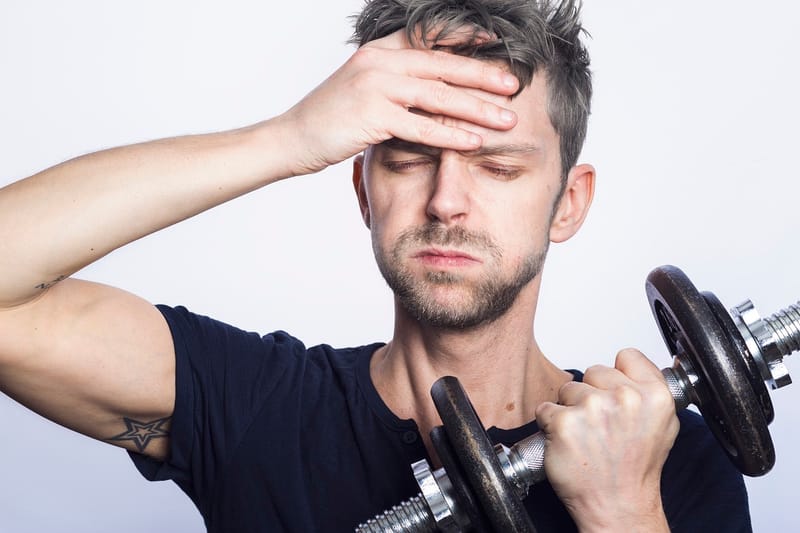
Loss of Interests
The first symptom that you are likely to see is a Loss of Interests. If someone normally has a hobby or activity they do regularly but you notice that they don’t feel like doing it and are pushing it aside, this is a “Loss of Interests”. They will lack the motivation to do the things they like to do, not want to leave home and even struggle to do basic life things in life such as cook, clean and take care of their personal hygiene. The worst example of this symptom is that the person may struggle to get out of bed.
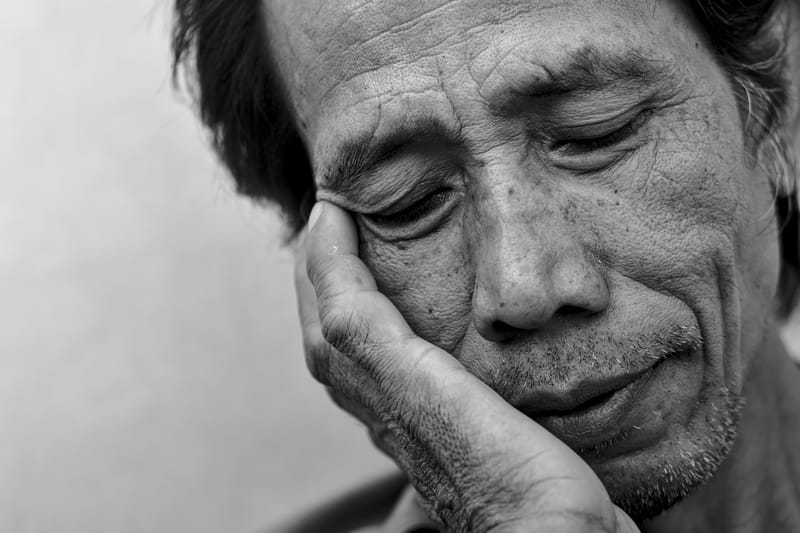
Change in Sleep Patterns
If someone is sleeping more than they would usually and would rather stay in bed instead, this is a Change in Sleep Patterns. People in Depression may sleep more because they don’t want to face the world choosing sleep as a form of safety as they don’t have to think whilst asleep. If someone is sleeping less and is waking/getting up earlier than normal, this is also a Change in Sleep Patterns. People in Depression may sleep less as they can’t stop thinking about their problems preventing their minds from switching off. They also tend to wake up early subconsciously meaning they can’t control it normally.
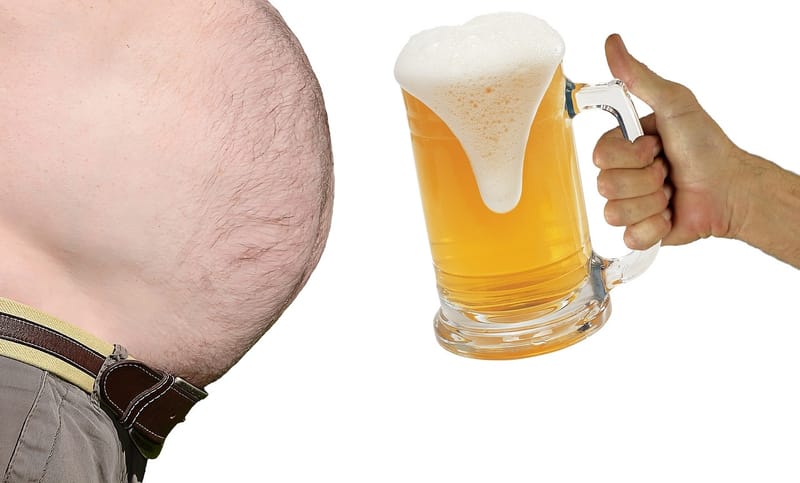
Changes in Appetite
Changes in Appetite are a more physical sign of Depression. People in Depression might eat more than usual because people will be too Depressed to put in the effort to cook meaning they will order/buy unhealthy foods, at worse it will lead to weight gain. People in Depression might eat less than usual as their mind will be overloaded with Depressing thoughts that they won’t feel hungry, at worse it will lead to weight loss. Changes in weight (gain or loss) can lead to serious health problems if not dealt with.

Anger or Frustration
When people are in Depression, they don’t know how to deal with it. This tend to show itself through “Anger” and “Frustration”. People with Depression Anger because they need a way to vent out their emotions and Anger is the most natural emotion to respond with as Depression is part of our human instincts we have had since the days of cavemen. People with Depression get Frustrated as they can’t find a way out of their Depression which can lead to feelings of Hopelessness and Worthlessness.

Feeling Hopelessness or Worthlessness
Hopelessness is where people have lost their hope and feel that they don’t have future for themselves leading to them to feel that their lives are worthless. Worthlessness is where people feel they have nothing that they can contribute to the world or to those around them leading them to feel nothing is worth trying. If left unchecked, Hopelessness and Worthlessness can lead to people feeling that their lives are not worth living which can lead to them having Suicidal Thoughts.
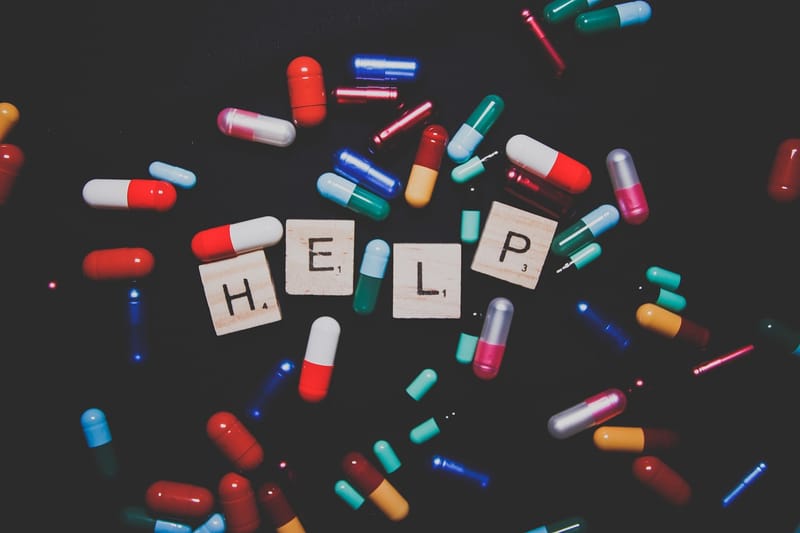
Suicidal Thoughts
This is the worst symptom of Depression. People with Suicidal Thoughts no longer see life is worth living and want to end their own lives (kill themselves). It is such a horrible thing to be witness too and deal with but this happens to a lot of people. People with Suicidal Thoughts express them through self-harming or overdosing on drugs/alcohol which requires immediate action to be taken but others can be more subtle in their thoughts as they may seem happy or accepting after a while of feeling so negative, this is very dangerous as they have already planned their suicide meaning they are more likely to actually do it.

How do I “Show Them Support”?
When people are in Depression, you need to “Show Them Support” as no deserves or needs to be trapped in Depression. To “Show Them Support” lets them know they are wanted and that the world is better off with them in it. Down below are some of the ways you can “Show Them Support.
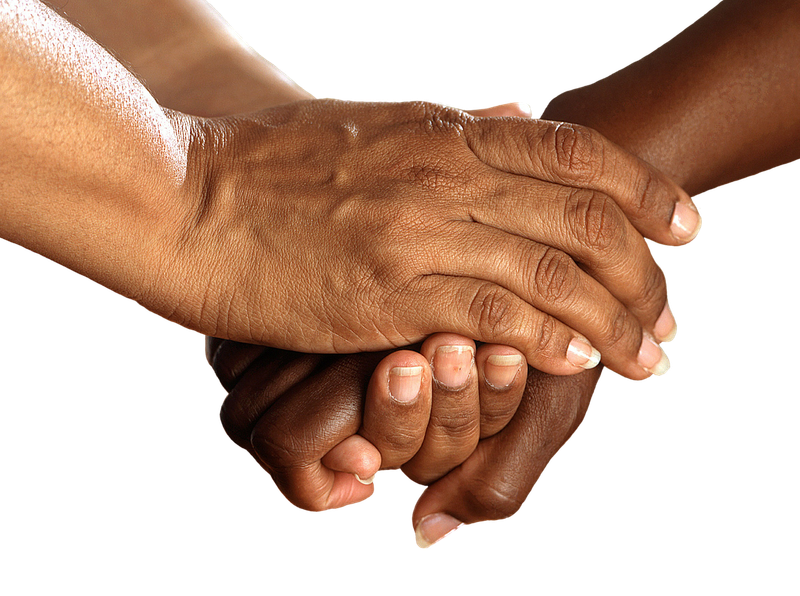
Reassure Them
The first thing to do is Reassure Them that Depression is normal, they are not the only one with Depression and there are more people in the world with Depression than without it. Next, Reassure Them that Depression is not permanent, they will get through it, it will go and they deserve to be happy. Finally, Reassure Them that there are people such as yourself and others who are willing to help them through Depression meaning they don’t have to deal with it alone.
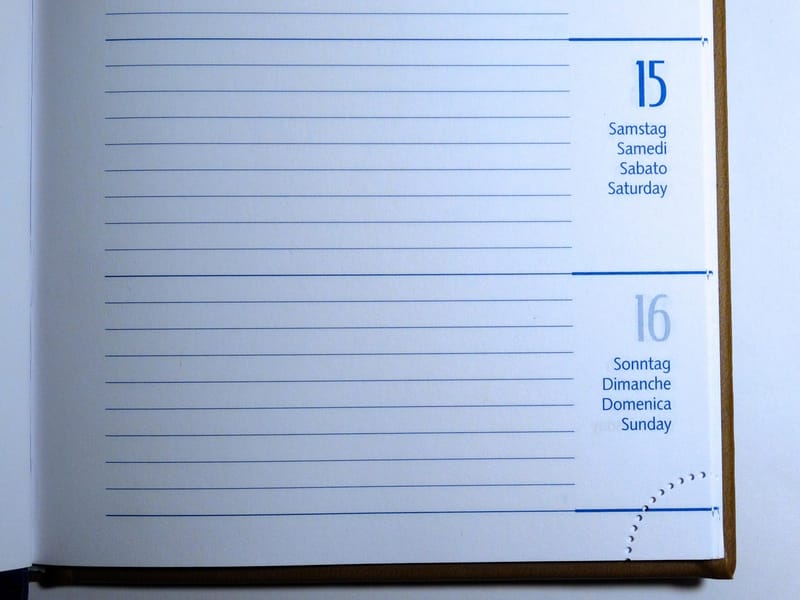
One Day at a Time
When someone is stuck in Depression, their mind will be overloaded with thoughts about how to deal with life currently and how they could have lived their past. It is important to honestly tell them that they can’t change the past and thinking about it will make them feel worse. Instead, encourage them to live in the present and take each day One Day at a Time, as this will give them time to workout what is making them feel depressed, remember who they are/what they want to be and help them to rebuild their life.
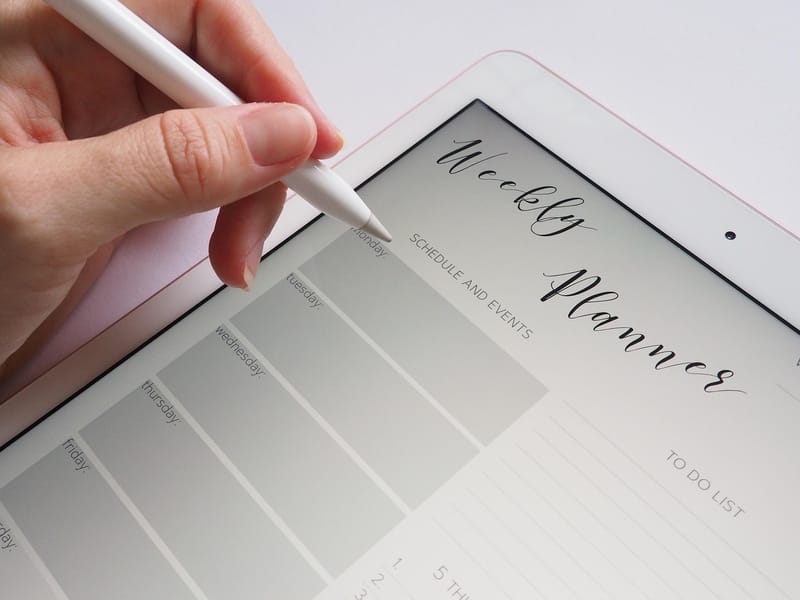
Help them Return to Routine
A lot of people have a Routine which they let fall part when suffering with Depression. Helping people back into their Routine can help them regain control of their lives. To do this, you should focus on getting them back into one part of their Routine at a time- this could be returning to a hobby they stopped doing, it could be getting out the house to walk or socialise. Remember, this should be done in parts as they will need time to re-adapt and pushing too quickly could make their Routine fall apart again resetting any progress made.
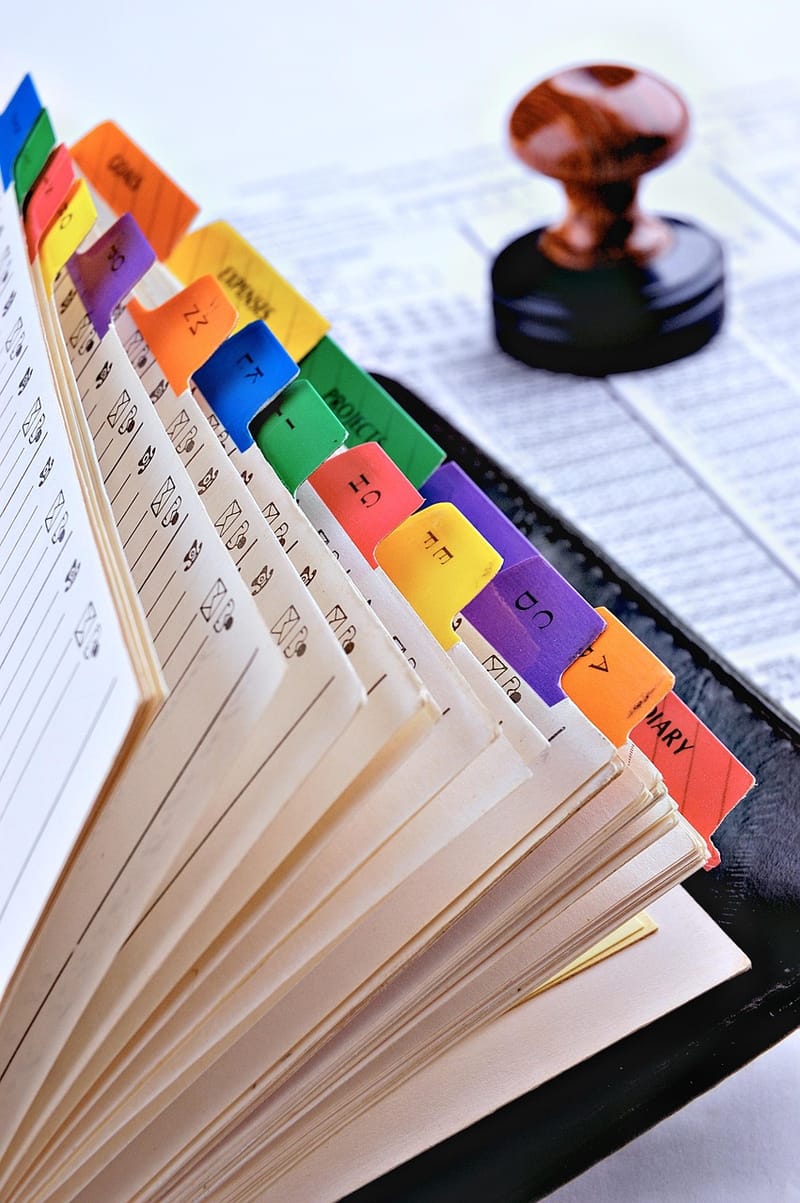
Give them a Way to Contact You
Exchange phone numbers with the person you are trying to help so they know someone cares about them, they are not alone and that there is someone they can talk to. They may contact you a lot as a result of this but know that they appreciate your help even if they calling so much. You could also set up a What’s App or Messenger chat as these allow you to use Wi-Fi for phone conversations saving you and the person money on your phone bills.

Check in on Them
Although they may call you a lot in some cases, in other cases they may not contact you at all so you should Check in on them to make sure they are alright, don’t assume they are okay until you can ACTUALLY SEE that they are okay because if they are not contacting you much, they may be in danger of doing something self harmful. Checking in lets the person know that someone cares and demonstrates to the person that they are worthwhile in life.
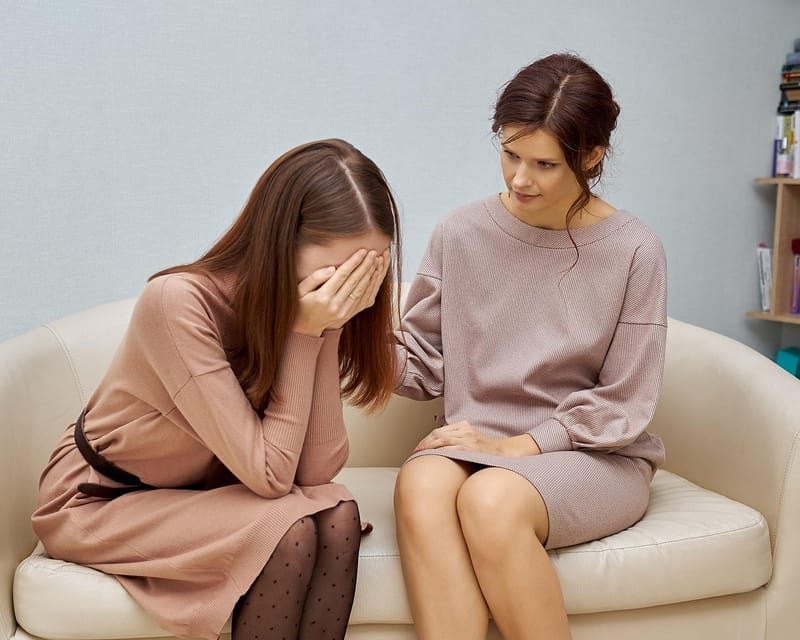
How do I “Urge Them to Seek Help”?
To “Urge Them to Seek Help” you need to be honest with yourself and the Depressed person that you can’t help them alone and that further help is needed. Down below, you can find a list of suggestions of places that can provide the help needed.

Emergency Services
If the Depressed person has harmed themselves through self-harm or overdosing on drugs/alcohol, then you MUST CALL 999 or emergency services immediately; even if they have not harmed themselves but you feel they are in danger of harming themselves of others you MUST still call. If you find that the emergency services are not going to respond in time to help the Depressed person then you MUST take the person to A&E at your Local Hospital, yourself, immediately, as the risk it just too high to leave the person in this state for too long.

Doctor/GP
If they are not at risk of self-harming or harming others, then the first thing to do is contact their Doctor and make an appointment. When the time of the appointment comes, you should go with the person to see the Doctor to make sure that they go and so they don’t feel alone in asking for help from the Doctor. The Doctor will likely recommend 2 things: Councilling or Medication.
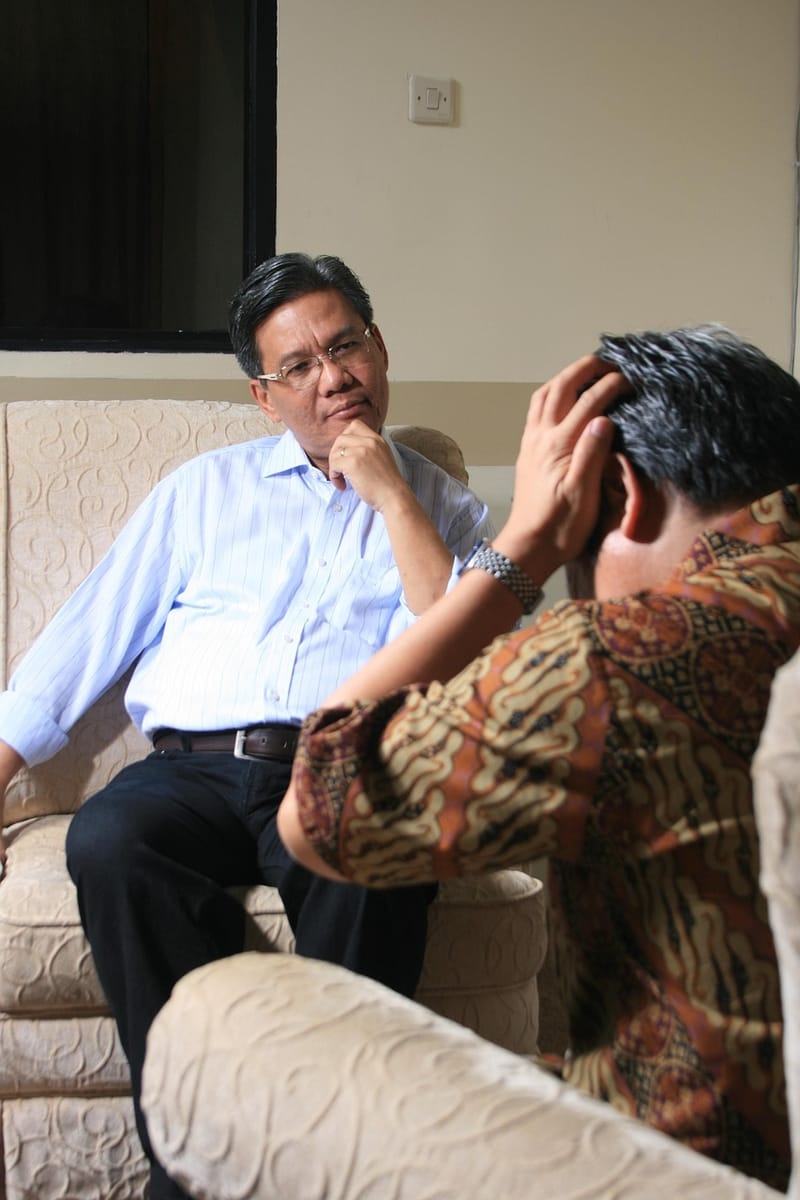
Counselling
Counselling should be the first option considered as it allows the person to properly confront the problems causing their Depression and learn to better deal with it. Counselling involves sitting down with a licensed Counsellor to talk about psychological problems in strict confidence. Counsellors are professionals in helping people deal with psychological problems knowing how the mind works so these are the best people to talk to. The only problem is that there are waiting lists of other people also seeking help so be patient.
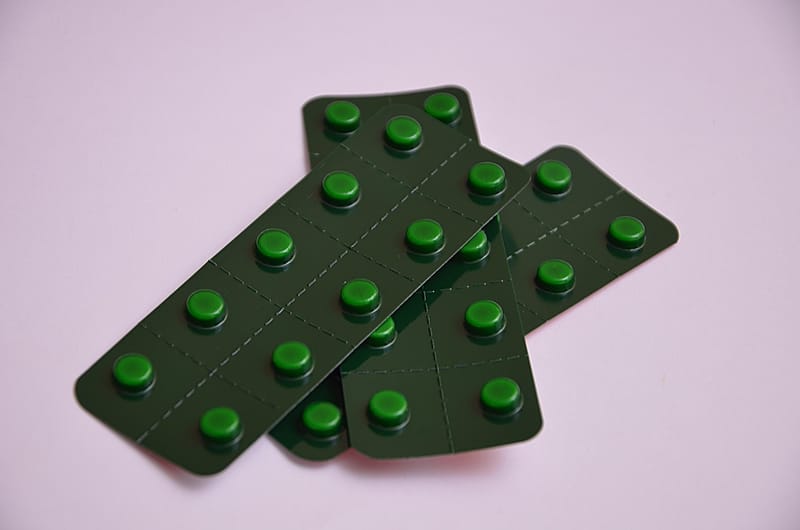
Medication
Medication is another option that a Doctor can recommend. Medication involves taking a tablet that increases the chemicals in the brain such as Dopamine and Serotonin which regulate your mood to help you to feel happier and more positive. As Aspie Heroes are not medical professionals, we cannot recommend what Medications to take; this is something that must be recommended by the Doctor to ensure the right help is given.

Other Support
It may help to look into other types of support that a Depressed Person can have regular access to. These kinds of support can include Helplines, Support Workers and Social Activities. A good Helpline to talk to is The Samaritans which you can access by calling 116123. For any further help such as Support Workers and Social Activities, use the link below to access the Aspie Heroes Further Support Directory which has plenty of groups for you to contact for help.

Help them to Help themselves
Although it is great to be there to help people when they are in need, the person MUST WANT TO HELP themselves otherwise all the help you will try to give them will be all for nothing as they will ignore it. Make sure that the person is willing to help themselves by being willing to take the steps necessary to get help and be helped.